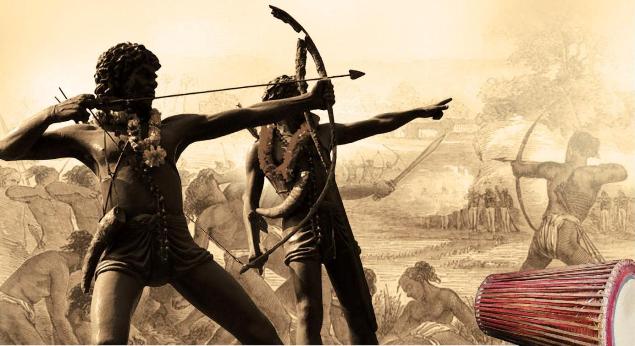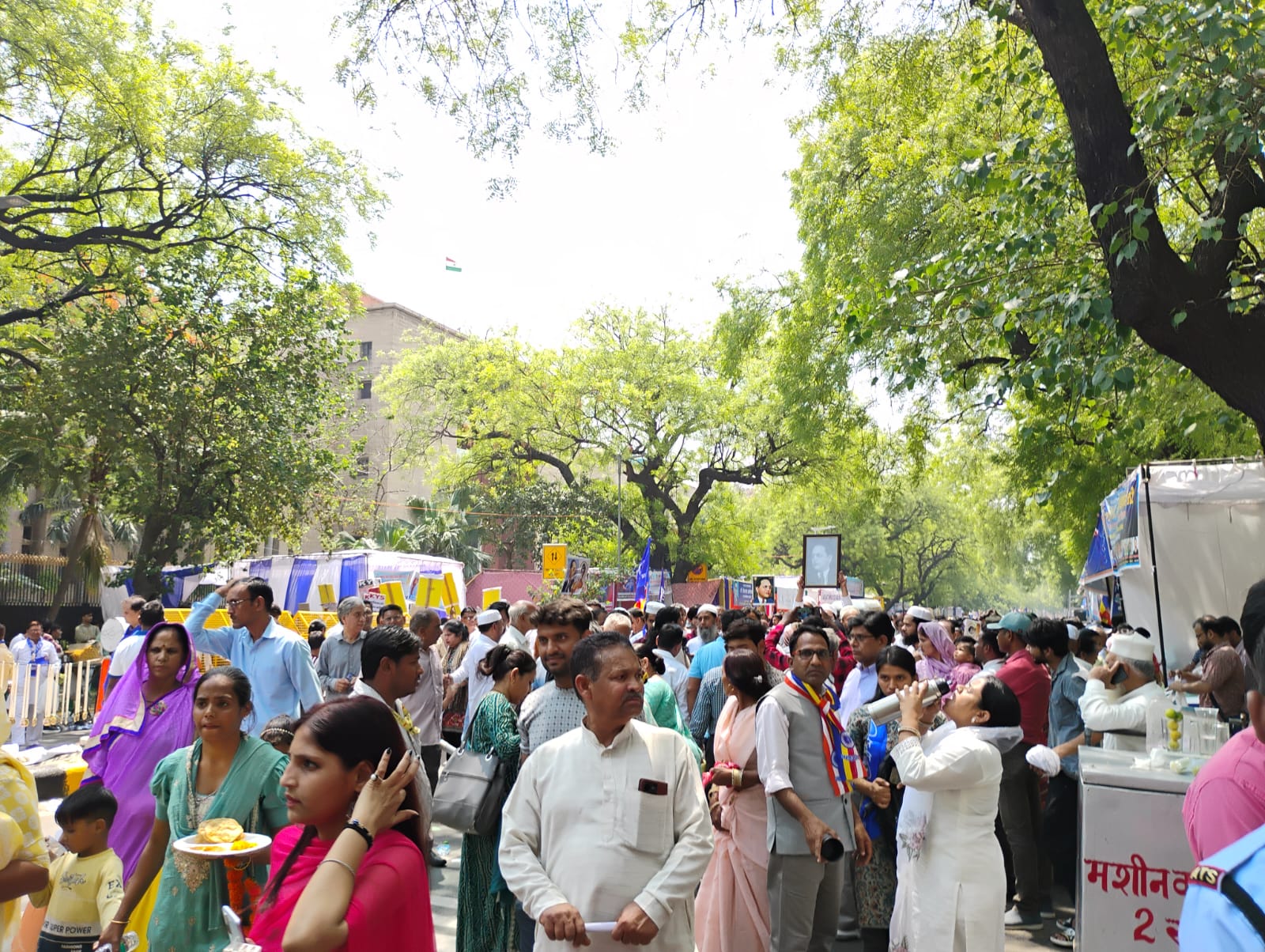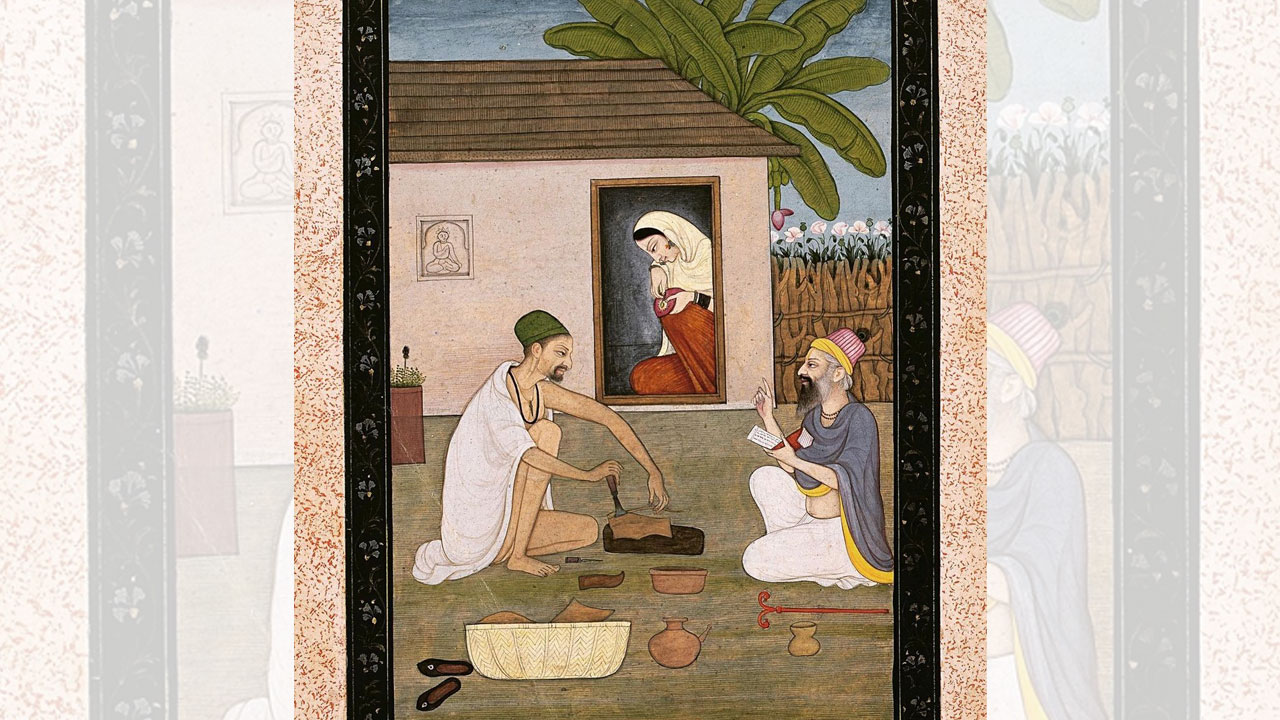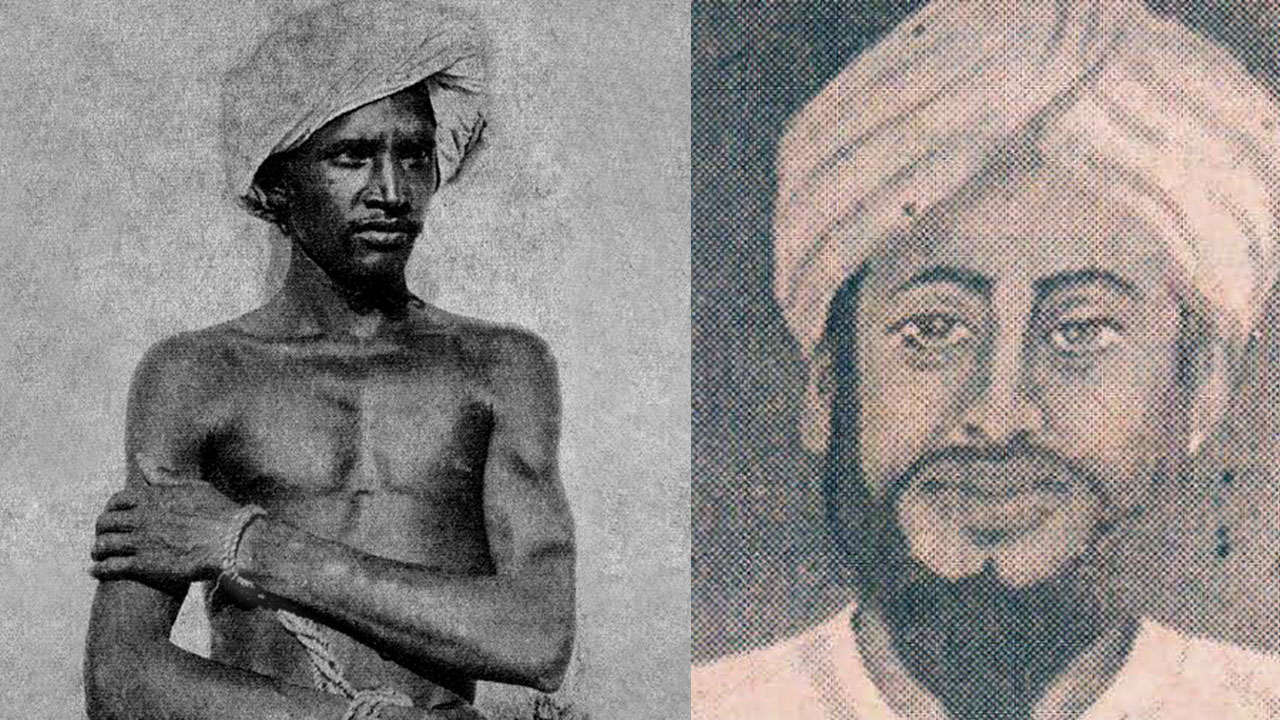CLICK BELOW:
जब पाकिस्तान के कराची में गूंजा बाबासाहेब आंबेडकर का नाम
This content is currently available only in Hindi. Forward Press is looking for experienced translators who want to volunteer their services for knowledge-building in favour of the deprived and neglected sections of society. If you are able to translate the above material or any other content published on the Forward Press website, please contact us. Good translations will be published with your name. Email: editor@forwardpress.in
[Forward Press is committed to raising the issues related to socially and culturally oppressed communities of India, such as the Other Backward Classes, Scheduled Tribes, Denotified Nomadic Tribes and Converted Minorities. ForwardPress.in is a bilingual (English-Hindi) website – we publish material in both Hindi and English so that it is accessible to readers countrywide. Writers and independent journalists can send in their articles in either Hindi or English. We invite experienced translators, too, to join us in this endeavour and volunteer their services.]






